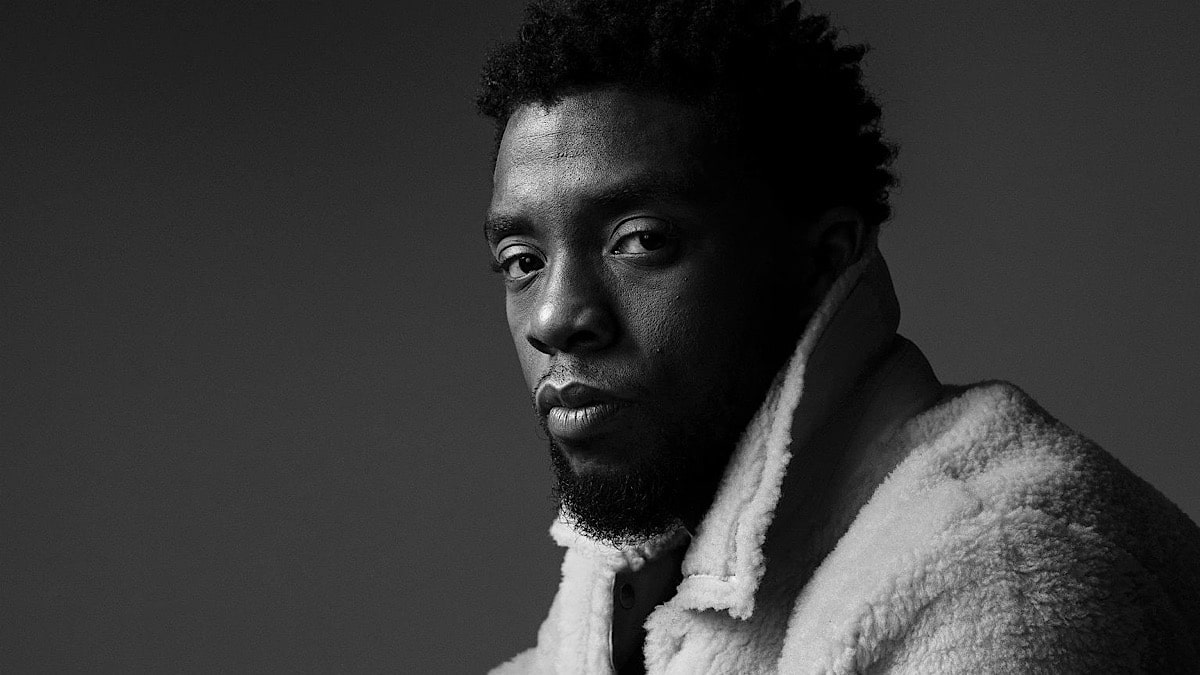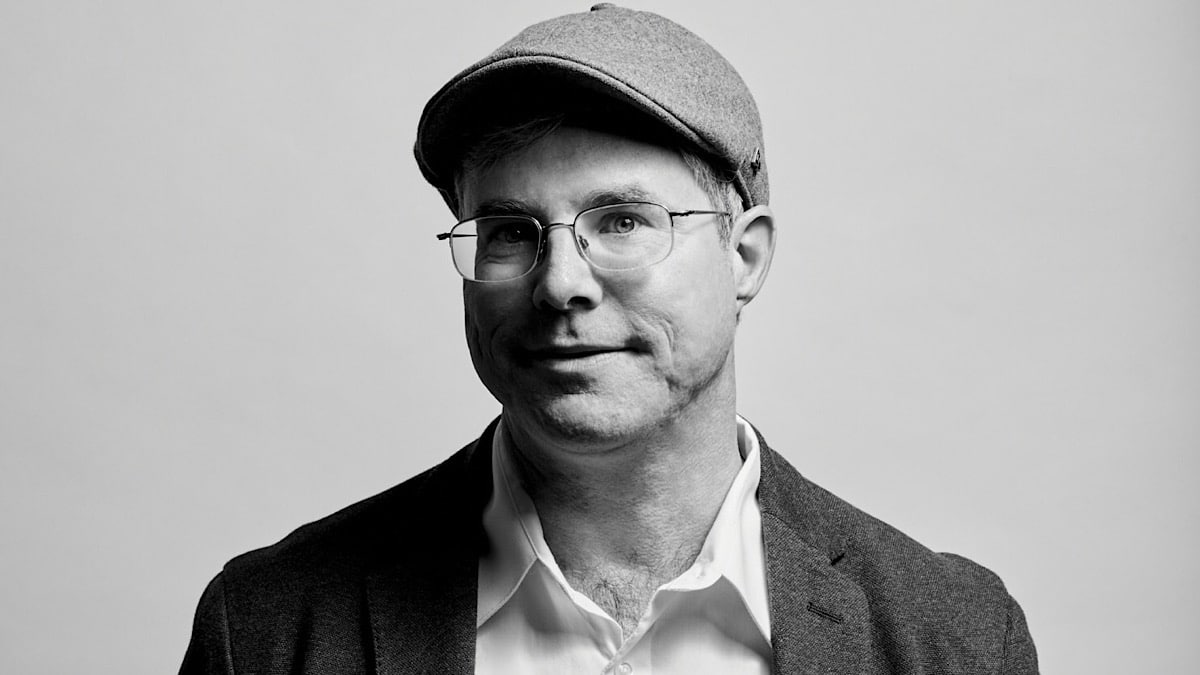Excerpt: How one grief-stricken women was able to recreate her life after the death of a loved one.
“I was forty-six years old when my husband, Gordon, was diagnosed with cancer. Without hesitation, I took early retirement to be with him. Although his death eighteen months later was expected, my grief consumed me. I sorrowed over our dreams unfulfilled. I was only forty-eight and had no reason to live.
My overarching question through my sorrow was, “Why did God take Gordon and not me?” I felt Gordon had so much more to offer the world than I had. With my body, mind and spirit fatigued beyond measure, I was motivated to find new meaning in my life.
NEW In The Shop: Don’t Let The Tame Ones Tell You How To Live [Poster]
Why We ♥ It: Some of the best advice I (Matt here) ever got was: don’t take life advice from people who aren’t living a life you want to live and don’t take criticism from people you wouldn’t go to for advice. I created this poster to act as a reminder to listen more closely to our role models and less closely to our critics, trolls, and tamed-comfort-zone-hugger acquaintances. It’s also a perfect gift for the outdoor adventurer, travel enthusiast, or solo explorer (or soon to be). Available in print or digital download. 👇🏼
...Want to advertise your book, product, or service? Send inquiries to matt@movemequotes.com.
I grabbed on to the idea that all things are created twice, first mentally and then physically. I had to ask my self what talents I had. An aptitude assessment test clarified for me what my strongest abilities were. To create a sense of balance in my life, I focused on the four parts of my nature.
On an intellectual level, I realized that I loved to teach; spiritually and socially, I wanted to continue to support the racial harmony we had endeavored to create in our biracial marriage; emotionally, I knew I needed to give love. When my mother was alive she would rock critically ill babies in the hospital. I wanted to give comfort as she had and continue her legacy of unconditional love.
I was afraid to fail, but I told myself it would be okay to try different things, like trying on hats. If I didn’t like teaching after a semester, I didn’t have to go back. I began by going to graduate school so I could teach on the college level. Graduate school is hard, but at age forty-eight, it was especially tough! I was so used to passing documents off to my secretary to type, it took me a semester just to learn how to type my own papers. Turning off the TV and returning the cable box were acts of sheer will.
I completed graduate school and began teaching at a historically black college in Little Rock, Arkansas. I was appointed by the governor to serve on the Martin Luther King Commission to improve racial relations. I rock crack babies and AIDS infants who are hooked up to ventilators, for however short a period of time they have. I know I’m giving comfort, and that gives me a sense of peace.
Now my life is good. I can feel Gordon smiling at me. He told me time and time again before he died that he wanted me to have a life full of laughter, happy memories and good things. How could I waste my life, with that directive on my conscience? I don’t think I could. I have an obligation to live my life the best I can for the people I love the most – whether they are here or on the other side.”
Afterword: Managing The Thought of Impermanence
“It is not impermanence that makes us suffer. What makes us suffer is wanting things to be permanent, when they are not.”
Thich Nhat Hanh
When you argue against reality, you will suffer. Impermanence is one of those realities. There is no negotiation, no way to avoid, and no argument that will change the fact that you and I will both die. The reality of death isn’t what makes us suffer though.
It’s our desire for immortality, our desire to never have to confront the death of loved ones, and our desire to never have to face death ourselves, that makes us suffer. We suppress thoughts about it, avoid seeing people close to it, kick, scream, beg, and yell when people do get close to it, and distract our minds in any way we can so that we won’t have to think about it. But the reality doesn’t change.
Can the reality of impermanence be an incredibly unfair and harsh one? Absolutely. But the more I think about permanence in life—in myself or others (as appealing as it might sound)—the more meaning and purpose leave the picture of my mind. If I already know I’m going to live indefinitely, why work? Why eat? Why sleep? Why do anything that I normally do day-to-day? I already know I’m going to be around forever.
And if that’s the case, why travel? Why adventure? Why dream? Why experience new things? The timeline would extend on infinitely and there would always be another day to do whatever. Infinity is unfathomable and, to me, is far scarier than impermanence. Imagine living after the collapse of our solar system? Would you just float into infinity indefinitely…? Sounds horrifying.
Also, think about what permanence would do to others. You want to make your child immortal? Then why would they need your care? They wouldn’t need you at all. Part of what makes them so precious is their vulnerability and part of what makes your role in life so special is that you get to protect them from (and show them how to navigate) the world.
Plus, would they stay that age forever? What about experiencing the true joy of seeing them find their purpose? Or get married? Or become parents of their own? You would never get to be a grandparent. And even if they could do all of those things and still be permanent, would their aging ever stop? Would they be able to go back in time? Would they be infinitely tied to the infinite number of possibilities with living? I’m not so sure permanence, or even the desire for permanence, is a better approach than living with death.
Why talk about this at all? Once we accept the fact that everyone and everything in our lives is impermanent, then we will be able to better approach and better live our lives. Our knowledge of death may actually bring more balance, happiness, fulfillment, depth, and grace into our lives than we might even realize. Knowing that we’re going to die gives us the urgency to live our lives properly and fully, now.
Traveling and going on adventures become incredible moments of experience that we cherish because we know we may never see those landscapes, people, or places again. Death make us more sensitive to and appreciate more, the preciousness of life. Our vulnerability is what connects us all. Without it, people lose their sense of responsibility, purpose, present-mindedness, and meaning.
We wouldn’t have anyone to care for. We wouldn’t have anything that we would need to do. We wouldn’t have any need for schools or hospitals or trades. When you really look closely, you see that knowing that there’s going to be an end, makes beginning and navigating through the story all the more interesting and worthwhile after all.
Read Next:
NEW In The Shop: Don’t Let The Tame Ones Tell You How To Live [Poster]
Why We ♥ It: Some of the best advice I (Matt here) ever got was: don’t take life advice from people who aren’t living a life you want to live and don’t take criticism from people you wouldn’t go to for advice. I created this poster to act as a reminder to listen more closely to our role models and less closely to our critics, trolls, and tamed-comfort-zone-hugger acquaintances. It’s also a perfect gift for the outdoor adventurer, travel enthusiast, or solo explorer (or soon to be). Available in print or digital download. 👇🏼
...Want to advertise your book, product, or service? Send inquiries to matt@movemequotes.com.

Written by Matt Hogan
Founder of MoveMe Quotes. On a mission to help busy people do inner work—for better mental health; for healing; for personal growth. Find me on Twitter / IG / Medium. I also share daily insights here. 🌱
It has taken me 1,000’s of hours to build this free library for you. If it has helped you, you can support my continued effort here. ☕️

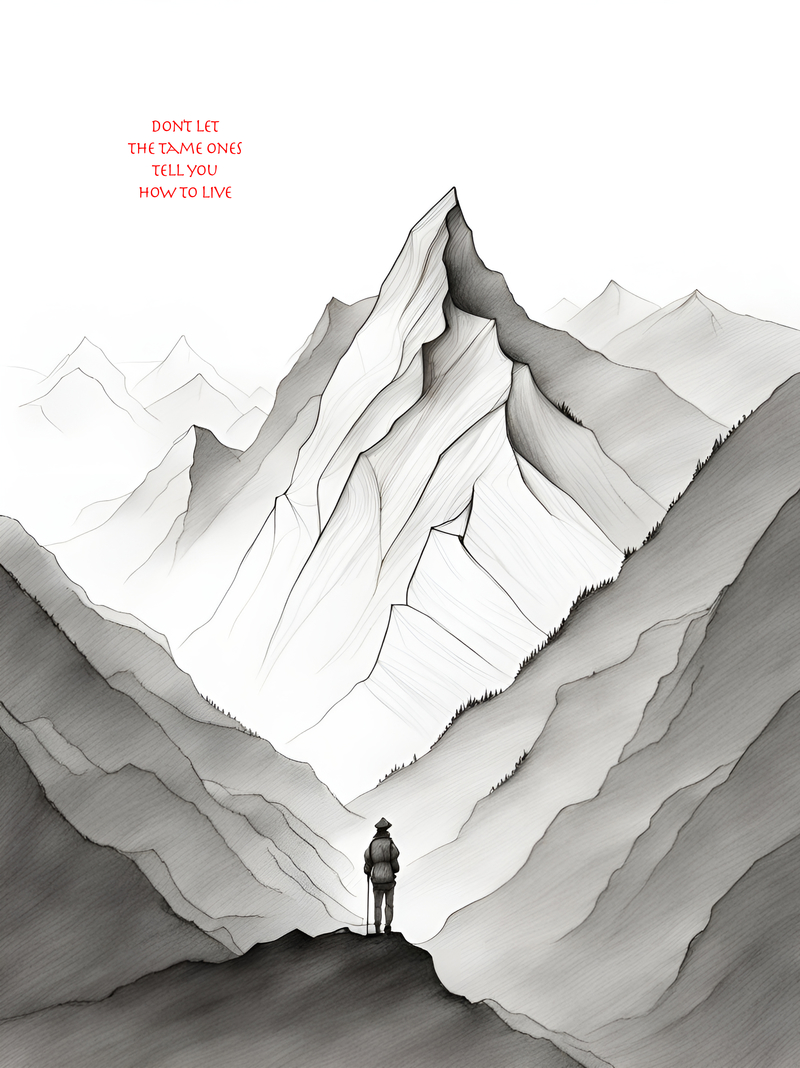
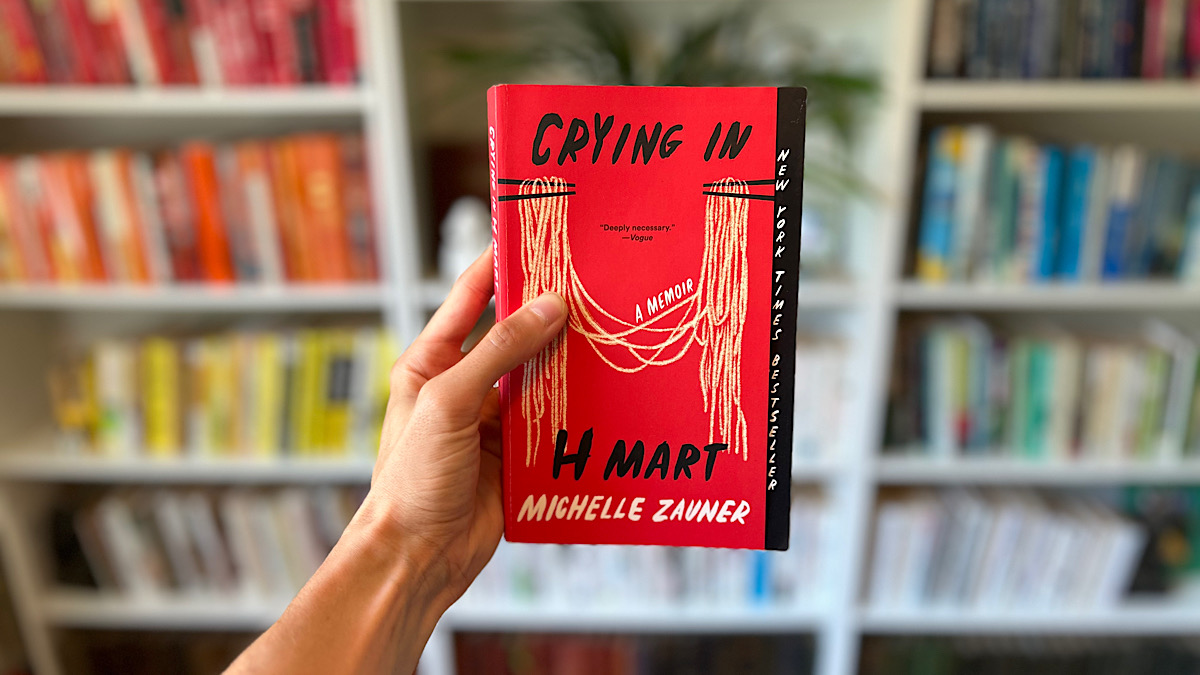
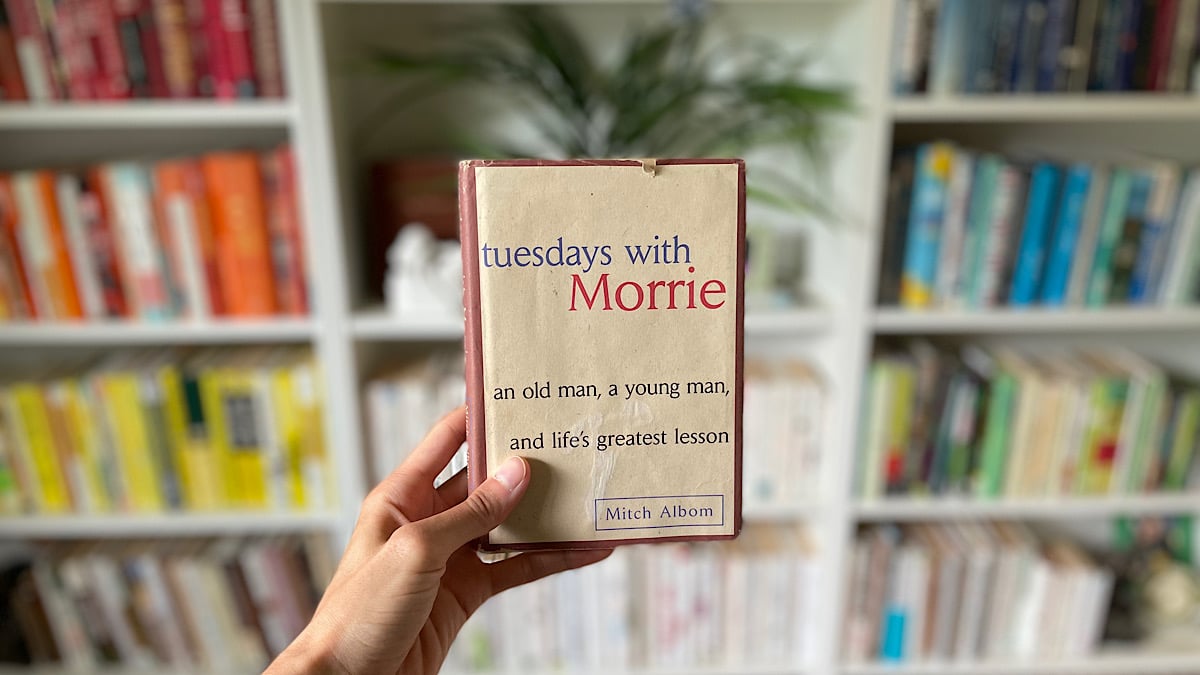
![A Short Story About The Feeling(s) of Life That Come From Near Death Experiences [Excerpt]](https://movemequotes.com/wp-content/uploads/2020/10/IMG_7963.jpg)
